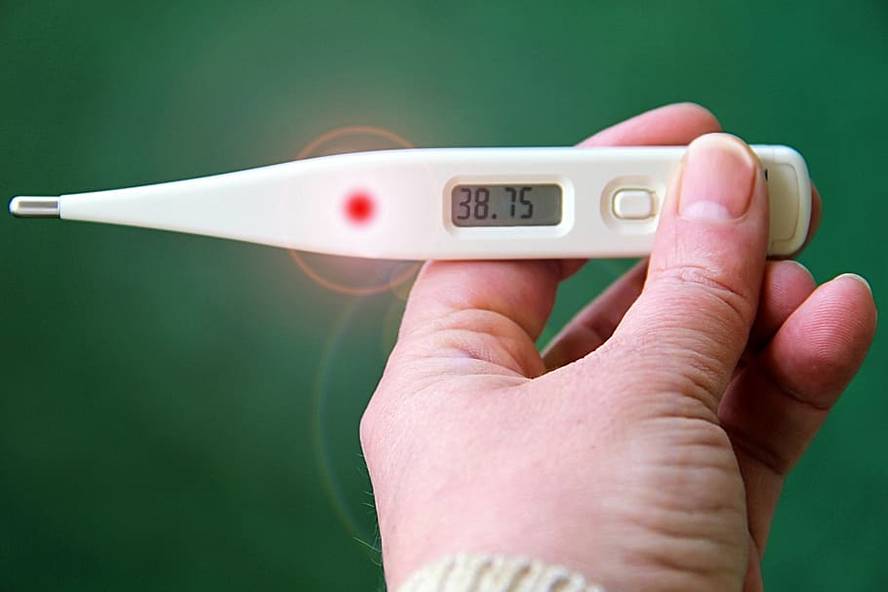2020/04/06

eu es fr en cat gl
Aparecerá un contenido traducido automáticamente. ¿Deseas continuar?
Un contenu traduit automatiquement apparaîtra. Voulez-vous continuer?
An automatically translated content item will be displayed. Do you want to continue?
Apareixerà un contingut traduït automàticament. Vols continuar?
Aparecerá un contido traducido automaticamente. ¿Desexas continuar?
Fever, covid-19 sign?
Text created by automatic translator Elia and has not been subsequently revised by translators.
Elia Elhuyar
Posted in Berria on 31 March 2020

400
Among the symptoms produced by the new coronavirus, fever, along with cough and respiratory distress, stands out. Since the beginning of the COVID-19 epidemic, we have seen in the media that through temperature you can distinguish who may be infected and who may not, in airports, borders and, in general, in places and situations where the virus is transmitted easily. Since then it has become usual to take the temperature in an intermediate way to avoid or confirm the suspicion of infection, but sometimes it is not easy to know if we have fever. The limit is extended to 37ºC, but for many it is a sign that something is not right. In fact, the proper temperature of the human body is 37ºC in the XIX. German physician Carl Reinhold August Wunderlich implanted his activity in the mid-twentieth century after axillary temperature to 25,000 patients. A study published earlier this year reveals that the average temperature of healthy men in the US has decreased by 0.6°C in the last 160 years, while in women it has decreased slightly. To reach this conclusion, we compared the data of 23,000 patients from 1860-1940, 15,000 people from the 1970s and 150,000 others from the last decade, by sex, age, weight, height and genetic origin. They have seen that the descent has been progressive and have explained: XIX. In the 20th century and much of the 20th century there were no antibiotics and many people had infections, although they were considered healthy. Therefore, currently the body's normal temperature is closer to 36.5°C than 37ºC. In addition, there are many factors that influence the natural temperature: age (rises to aging), sex and ovulatory cycle (higher than ovulation), time of day (higher at night)...But even knowing the basal temperature proper, the absence of fever does not necessarily mean that one is not contaminated. That is why they have asked us all to stay at home, even if we have no symptoms, not a tenth. Recently, a study with 5,830 positive people from Lombardy (Italy) has been published. According to him, the first positive was confirmed on February 20. The average age of these 5,830 was 69 years. Of these, 47% were hospitalized, 18% in intensive care units, and those who did not enter. And they confirm that the viral load of those who did not have symptoms was similar to that of the sick and that they were the key to the transmission of the virus. They have come to the same conclusion in research elsewhere. Also, based on this Italian research, they have confirmed that the virus arrived in Lombardy long before February 20. Taking into account the evolution of COVID-19 here, it can be assumed that a similar evolution has also occurred here.